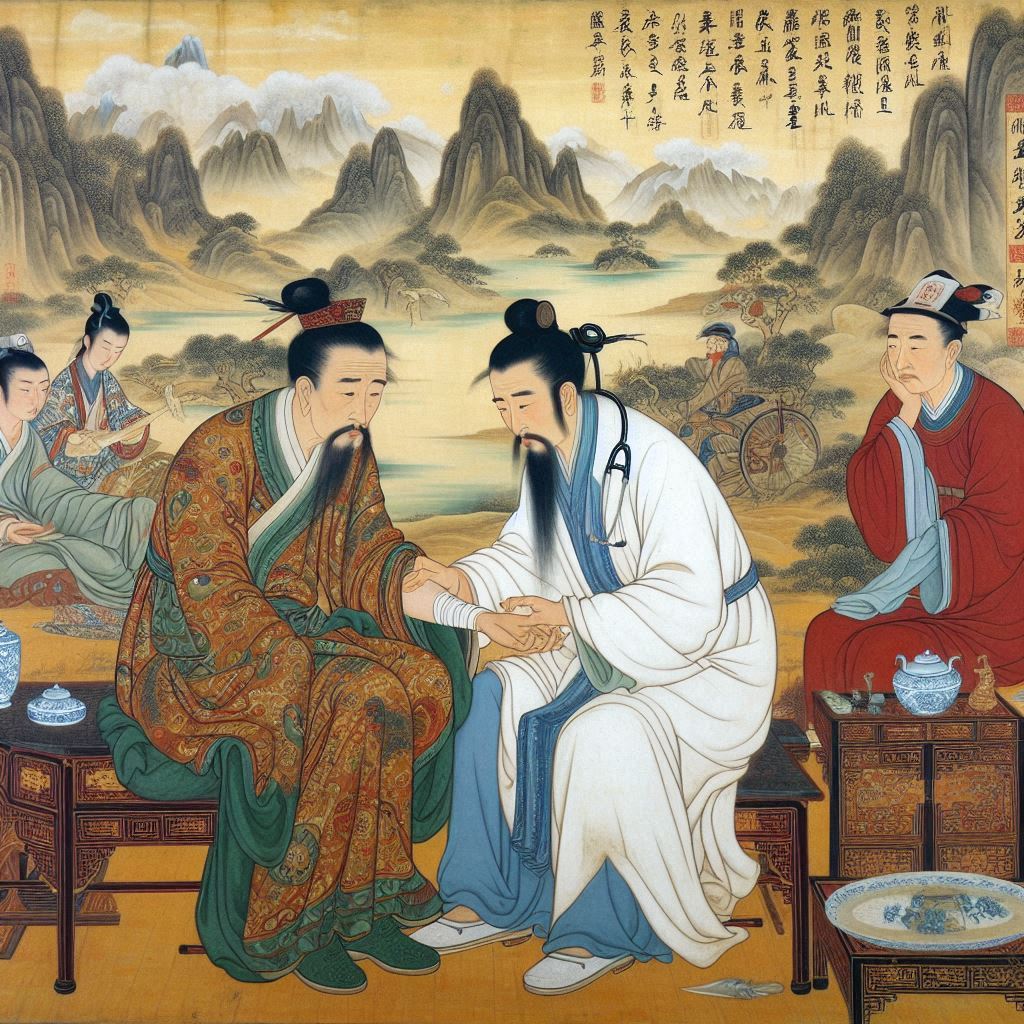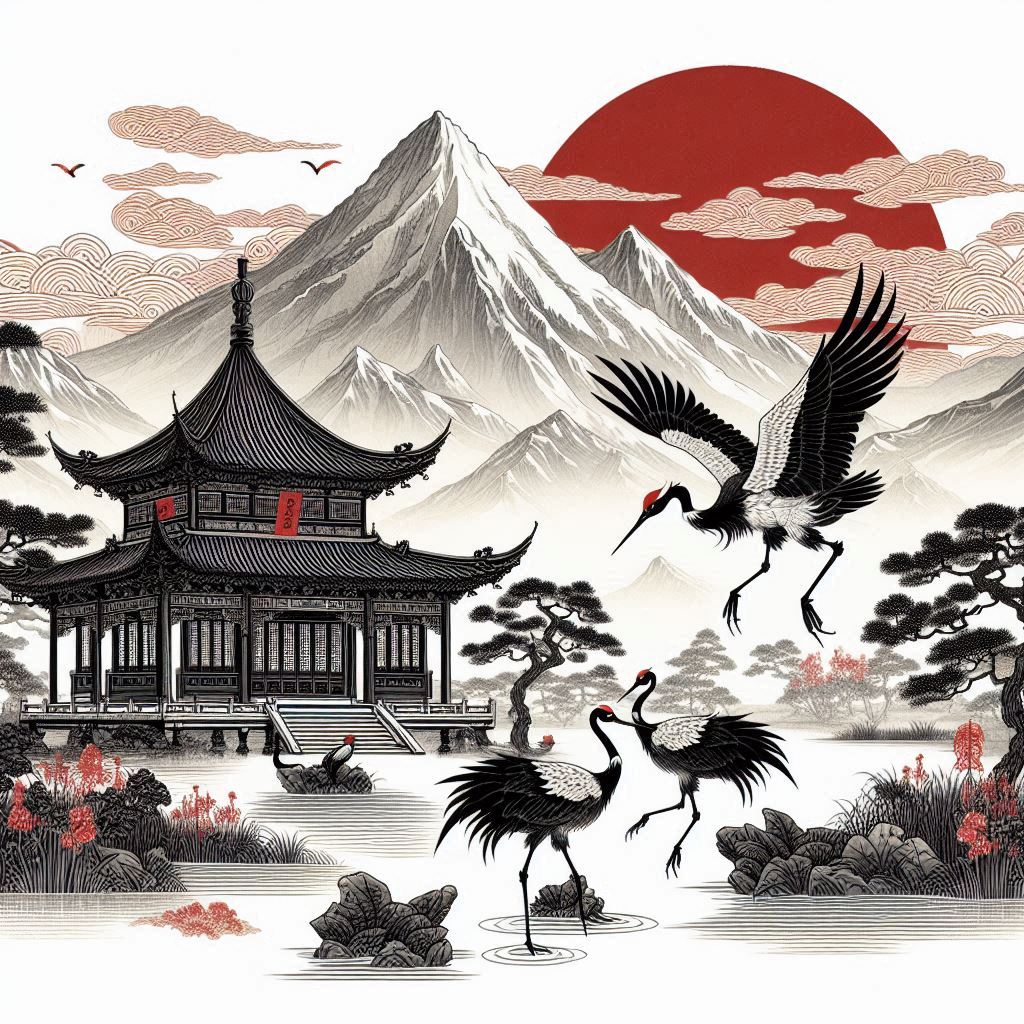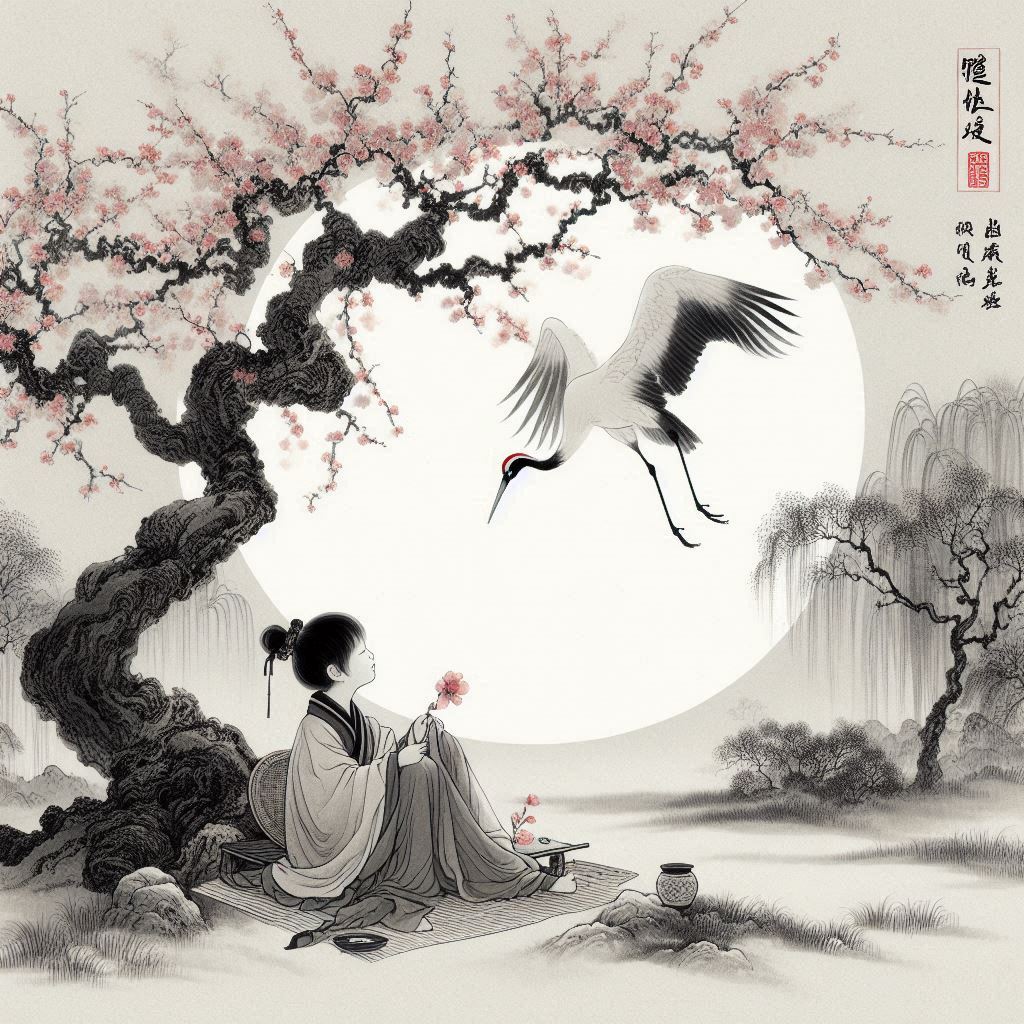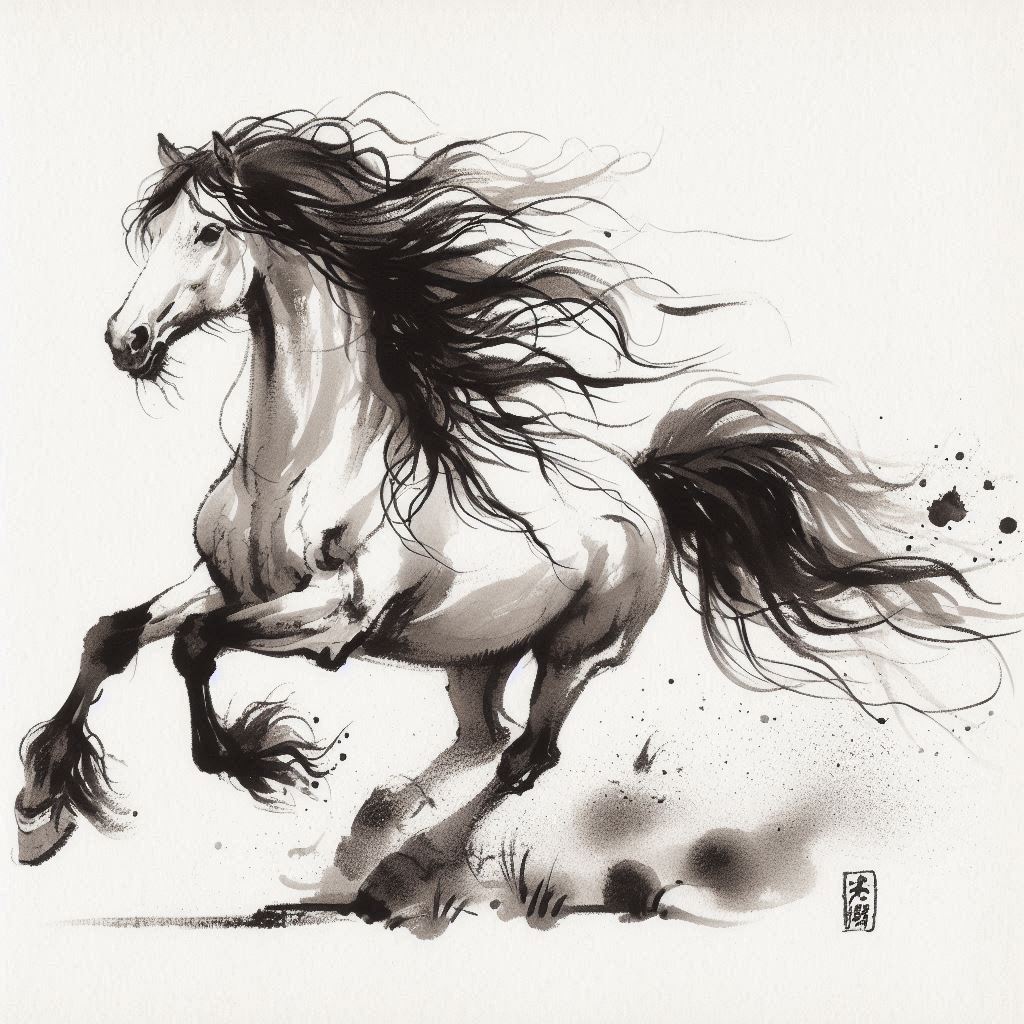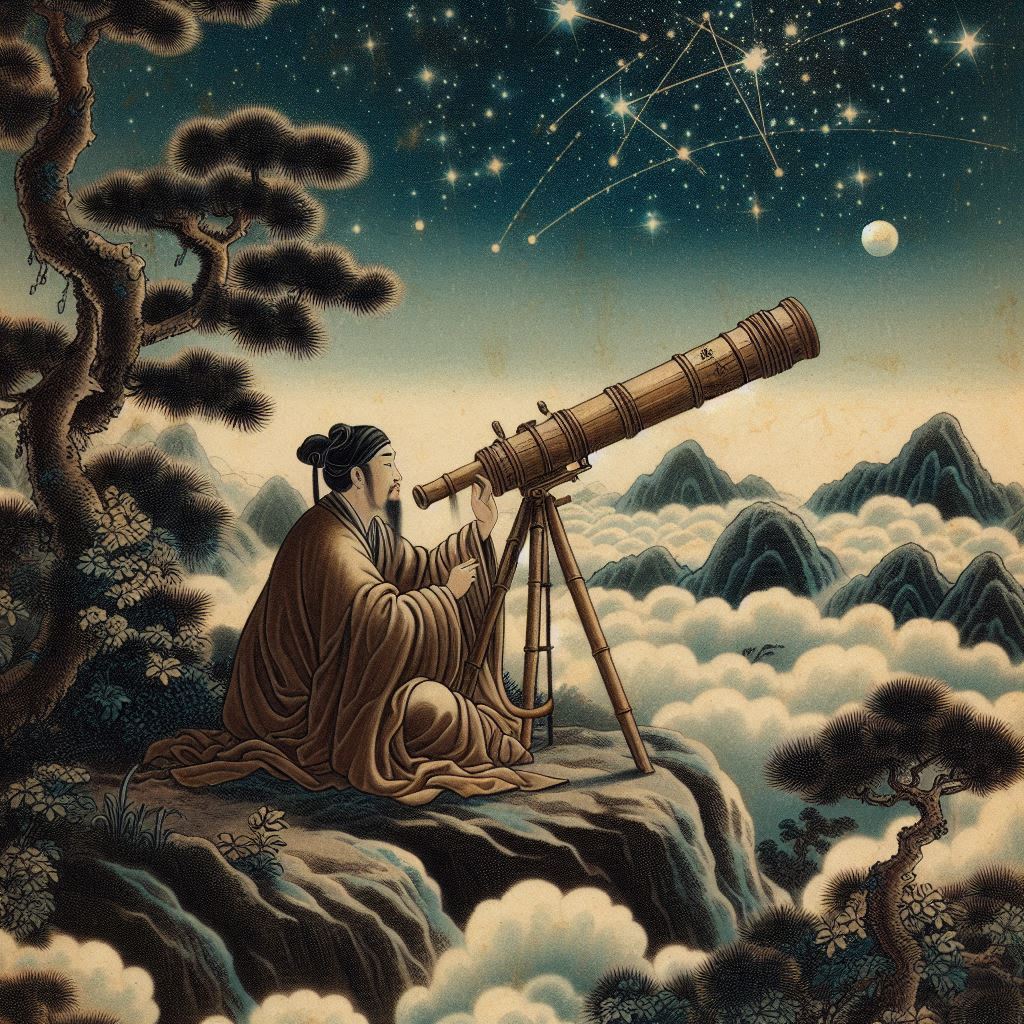Cause
- over-consumption of fat and greasy food
- excessive or consistent use of alcohol
- stress
- chronic active or repressed anger, resentment or frustration
Note: To understand the term "Qi" , thus to get a better grasp of the following disharmony, we encourage our readers to review the short materials "What is Qi" and "Qi in Traditional Chinese medicine" in the Vitality chapter.
In traditional Chinese medicine the Liver is the organ that governs the smooth flow of Qi throughout the whole body(1)(2)(3)(4). To be in a good state of health – physically and emotionally - one needs to have a smooth, uninterrupted flow of Qi. When the Qi flows continuously and in the proper direction the body organs function properly and the overall physical and psychological states are harmonious(3). If the Qi ceases to flow smoothly one becomes unbalanced both physically and mentally(1). This disharmony is called "Liver Qi stagnation".
There are three major causes for the Liver Qi to stagnate. One is improper diet(2). Consumption of too much heavy and greasy food(2) and/or alcohol makes the Liver swollen and sluggish, and unable to maintain the smooth flow of Qi. Thus the Qi of the Liver becomes stagnated.
Another cause for Liver Qi to stagnate is stress. Whenever we are under stress we tend to clench our fingers, hunch our shoulders, curl our body. Our muscles are tense and our breathing is shallow. This indicates that the smooth flow of Qi is interrupted.
The third reason for Liver Qi stagnation is chronic active or repressed anger, resentment or frustration(2).
To learn more about the Liver and its functions from the perspective of traditional Chinese medicine go to "The Liver in traditional Chinese medicine" in the Physiology chapter.
Symptoms
In women:
- PMS
- breast tenderness
- lumps in the breast
- painful and/or irregular menstruation
- excessive menstrual bleeding
- clots in the blood
- mood change
- irritability and/or sadness
- tiredness
- disturbed sleep
General:
- stress
- sighing
- fullness, discomfort and/or pain under the ribs
- sensation of having a lump in the throat
In women stagnated Liver Qi manifests in disharmony in the menstrual cycle. Stagnated Liver Qi weakens the movement of blood (the blood needs Qi to move) preventing the blood from properly reaching the uterus(2). This results in painful and/or irregular menstruation(2), excessive bleeding, purple or brown blood (i.e. stagnated blood), clots in the blood, etc. Another typical manifestation of Liver Qi stagnation in women is premenstrual syndrome (PMS). Symptoms include mood change, irritability and/or sadness, tiredness, disturbed sleep, premenstrual tension, breast tenderness, etc. Since the Liver meridian passes by the breasts a common symptom of stagnated Liver Qi is distention in the breast(3)(4) and lumps in the breast.
As it flows upward the Liver meridian passes through the diaphragm, the hypochondriac region and ascends to the throat. Based on that Liver Qi stagnation may manifest as fullness, discomfort and/or pain in the hypochondriac region(1)(3)(4), which may be distended or wandering(4), and a sensation of having a lump in the throat, with some people suffering from goiter(3). Difficulty swallowing (stagnated Qi in the throat)(2), hiccups (stagnated Qi in the diaphragm)(2), and sighing (stagnated Qi in the chest)(1)(2) may be present.
When the Liver becomes stagnated and overactive it turns into a bad neighbour and starts assaulting other organs and systems. Its biggest victim is the Spleen. When the Liver "overacts" the Spleen (and the Stomach) symptoms include poor appetite(1)(2)(3)(4), abdominal distention, epigastric pain, feeling of pulsation in the epigastrium, sour regurgitation, nausea, belching, diarrhea, sometimes vomiting (1)(2).
In TCM blood and Qi are interrelated and interdependent. It is said “Qi is the father of blood and blood is the mother of Qi”. If the Qi is stagnated the blood will stagnate as well(1). Thus prolonged and untreated stagnation of Liver Qi will eventually lead to stagnation of blood (1)(2). While the main symptom of stagnated Qi is distention, the main symptom of stagnated blood is pain. The most common symptom of blood stasis is masses in the abdomen with fixed, sharp and stabbing pain (1)(4) and tumors (1). In women there is painful menstruation(1) with dark and clotted blood. Purple nails, lips, and overall complexion additionally confirm that the blood lacks movement(2).
Because of the above mentioned relationship between Qi and blood, chronic stagnation of Liver Qi will lead to cold hands and feet as the blood circulation will not be flowing smoothly.
On emotional level a stagnated Liver manifests in depression(1)(2)(3)(4), irritability(3)(4), and abrupt mood changes(2).
Treatment Approaches
The main strategy for “unblocking” stagnated Qi is movement. Movement in the form of exercise, yoga, and any practice of martial art, is essential for promoting the movement of Qi. Oxygen has a great moving and antistagnant quality(5) therefore breathing exercises can be also of major use to start the Qi flowing.
Another way to move stagnant Qi is to consume foods with moving quality.
To unlock the rest of this article select "Yes, I want to learn!" below.
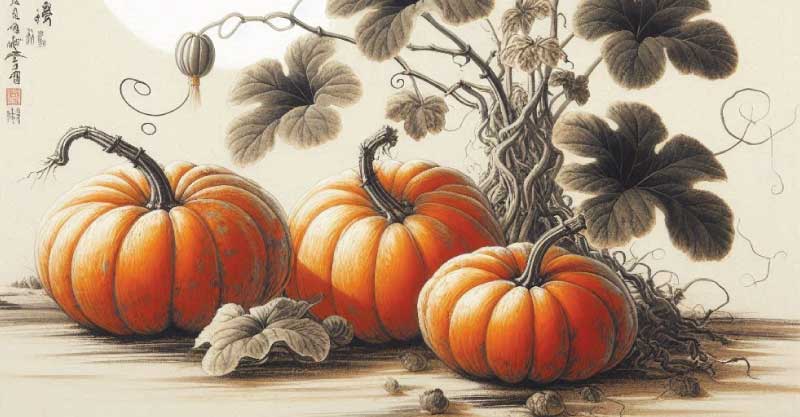
Food therapy is the most economical and non-toxic biochemical approach to health and disease. Food is something we continuously use to sustain our lives. Learning what foods are healing (and what disruptive) for each condition has the potential to convert every meal into a form of therapy.
YS
(1) Zhang, Enqin (1990). Basic Theory of Traditional Chinese Medicine. Shanghai: Publishing House of Shanghai College of Traditional Chinese Medicine
(2) Maciocia, Giovanni (1989). The Foundations of Chinese Medicine. Edinburgh: Harcourt Publishers Limited
(3) Yang Weiyi, Meng Fanyi, Jiang Yuanan(2002). Diagnostics of Traditional Chinese Medicine. Beijing: Beijing University of Chinese Medicine and Pharmacology
(4) Deng Liangye, Gan Yijun, He Shuhui, Ji Xiaoping, Li Yang, Wang Rufen, Wang Wenjing, Wang Xuetai, Xu Hengze, Xue Xuiling, Yuan Jiuling (1987). Chinese Acupuncture and Moxibustion. China: Foreign Languages Press
(5) Pitchford, Paul (2002). Healing with Whole Foods. Berkeley: North Atlantic Books
Related Articles:
The Liver, the season spring, and spring foods that cleanse the Liver
Herbs that regulate the Qi and benefit Liver Qi stagnation
Herbs that cool the blood and benefit Heat in the Liver
Herbs that tonify the blood and benefit Liver Blood deficiency
Herbs that invigorate the blood and benefit blood stagnation
Please read our Disclaimer

